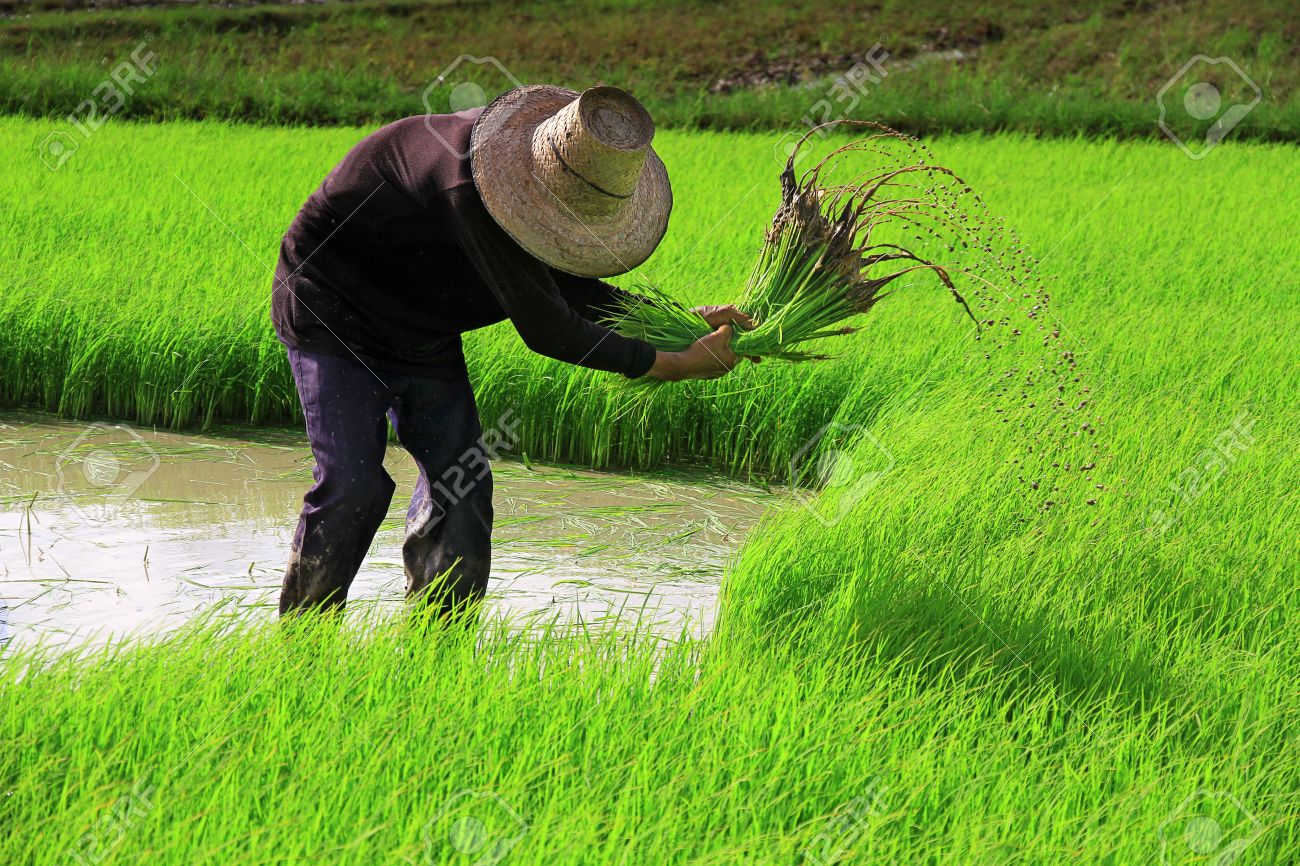An agro-entrepreneur, Mr Goke Adeyemi, on Monday urged the Federal Government to ban the importation of starch as way encouraging starch production from cassava in the country.
Adeyemi, who is the Chairman of the Harvest Feed and Agro Processing Limited (HFAP), made the call in an interview with News Agency of Nigeria (NAN) in Abuja.
He underscored the need for the government to protect local starch producing industries from unfair competition from foreign products, saying some companies were importing starch to the detriment of the local industries.
“Nigeria is the leading cassava producer in the world, producing a third more than Brazil and almost doubling the production capacity of Thailand and Indonesia, which is opportunity for us to stop corn starch importation.
“We have enough raw materials to produce edible cassava starch for local use and exportation to earn foreign exchange but government needs to help local producers.
“Cassava has the potential to industrialise Nigeria more than any other product; if the potential is properly harnessed, it is a key instrument for job creation and catalyst for development,’’ he said.
The agro-entrepreneur commended FADAMA III Additional Financing (AF) Programme for its intervention in the country’s agricultural sector and described its partnership with his company as “wonderful”.
“We are into processing cassava into edible starch; we have a wonderful relationship with Osun State FADAMA, which involves the cultivation a 300-hectare cassava farm.
“The FADAMA in Osun State is very organised; they are on top of their game and they supervise their farmers properly. They have also facilitated the interface between the off-takers and farmers very well, we have a seamless relationship,’’ he said.
Adeyemi, however, urged the National Office of FADAMA to increase the size of the farmers’ farmlands because the farms were too small to meet the off-takers’ demand.
“FADAMA should strive to develop commercial farmers; particularly those farmers who can cultivate 10 to 50 hectares of farmlands.
“The arrangement will be beneficial to industrial users like us in HFAP, rather than smallholder farmers that are cultivating less than five hectares.
“All the same, cassava farmers that are cultivating less than five hectares are also good for food market but FADAMA needs to do more to help both farmers and off-takers,’’ he said.
Adeyemi urged the FADAMA programme to encourage smallholder farmers to adopt the use of equipment such as tractors, harvesters, planters and ploughs, among others, in place of the traditional farm implements such as hoes and cutlasses.
“This is the only way to encourage the youth to become interested in agriculture and engage in mechanised farming.
“We can go into partnership with the FADAMA programme in the area of agricultural equipment but this should not a short-term relationship, it must be a long-time relationship like five years, such that we can recoup our investments.
“We started our engagement with FADAMA sometime in July by off-taking cassava from their farmers, and we are able to solve transportation problem by off-taking directly from their farm, instead of waiting for them to bring their produce to us,’’ he said.
Adeyemi identified the challenges they encountered awhile ago to include the price issue, saying that the price of cassava had started to drop, regardless of the agreed price.
“Even though we agreed on a certain amount, the price we agreed to pay was too high, compared to the current market price.
“We had to do some negotiations again; we reached an agreement and started doing our business together,’’ he explained.
He, however, said that that HFAP had its own cassava farms in Ogun State, adding that his company, nonetheless, patronised FADAMA farmers, while off-taking cassava from other farmers.
“We provided inputs to the farmers and they do the farming and after a year, we buy from them and deduct whatever we had spent on them. However, my challenge is that our farmers still need more education because there is a lot of side-selling taking place.
“I am planning of engaging in in-grower schemes aside from out-growers schemes, which I am doing presently. In this case, I will own the land and will ask farmers to come and cultivate it.
“We will also sign an agreement with the farmers, it will be better for me to control the processes; I will like to work with FADAMA and any other programme or organisation to develop the model. (NAN)
ROK/OSA/OOK



Leave a Reply